The Hinkley Point C nuclear power plant. (Photo: EDF)
Craig Piercy (left) discusses “The State of Nuclear” with panelists (sitting left to right) Brad Williams, Todd Abrajano, and John Kotek, as well as Amy Roma and Jackie Siebens, who participated via video feed.
The “The State of Nuclear” panel discussion on June 13 at the 2023 American Nuclear Society Annual Meeting focused on how geopolitical issues are affecting federal, state, and international laws, regulations, and funding regarding nuclear technology. The discussion was chaired by ANS Executive Director/CEO Craig Piercy.
Chuck Metz Jr. discusses his collaboration with Harold Denton, whose memoir interweaves a retelling of the Three Mile Island accident events with stories of his career-long advocacy for nuclear safety.

Metz
A number of years ago, historian and writer Chuck Metz Jr. was at the Bush’s Visitor Center in Tennessee’s Great Smoky Mountains when he ran into former Nuclear Regulatory Commission official Harold Denton and his wife. Metz was at the visitor center, which opened in 2010 and is now a tourist hotspot, because, as he explained to the Dentons at the time, he had overseen the development of its on-site museum and had written a companion coffee-table history book.
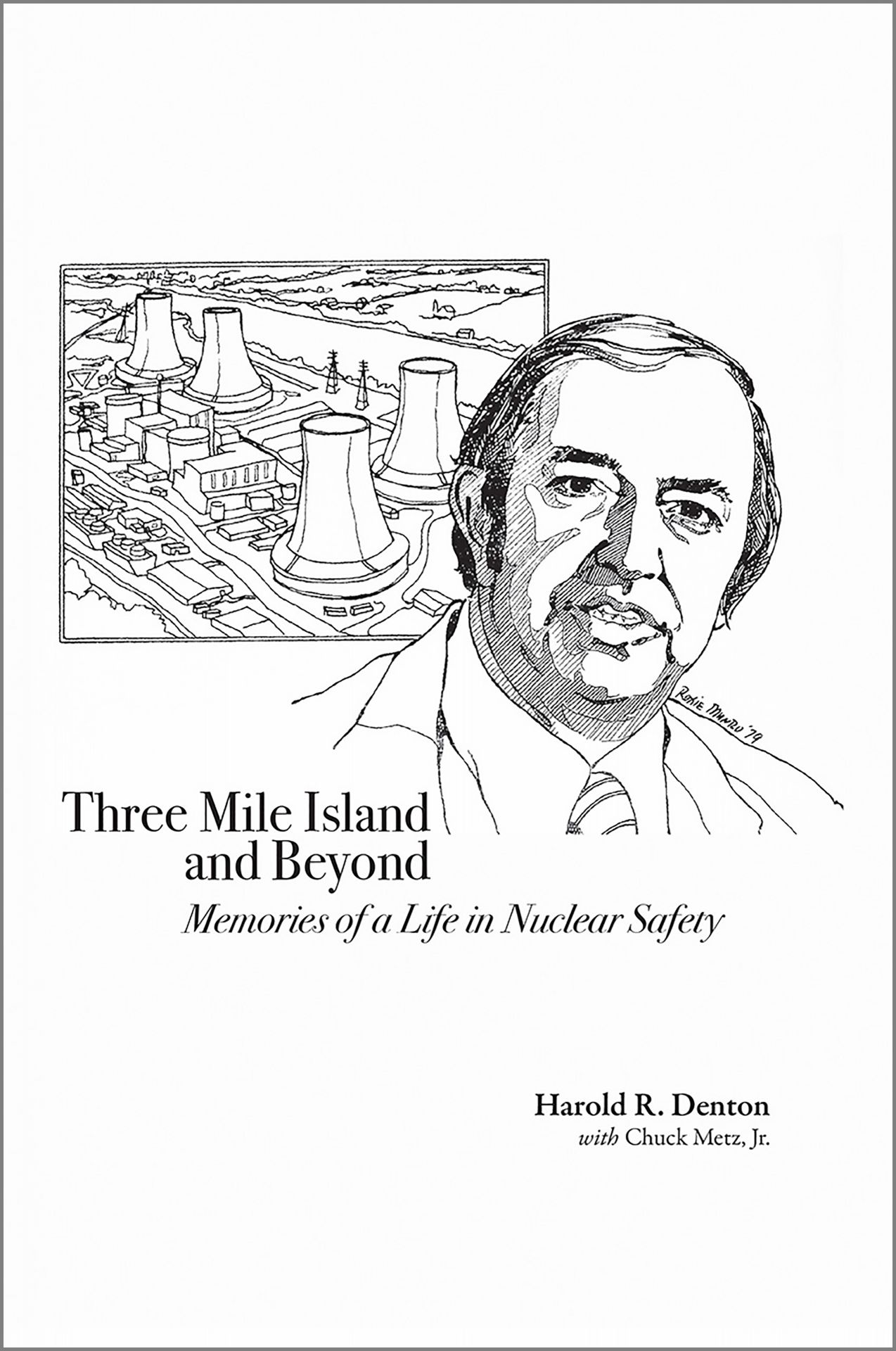
The chance meeting turned into a friendship and a fruitful collaboration. Denton, who in 1979 was the public spokesperson for the NRC as the Three Mile Island-2 accident unfolded, had been working on his memoir, but he was stuck. He asked Metz for help with the organization and compilation of his notes. “I was about to retire,” Metz said, “but I thought that exploring the nuclear world might be an interesting change of pace.”
Denton passed away in 2017, but by then Metz had spent many hours with his fast friend and was able to complete the memoir, Three Mile Island and Beyond: Memories of a Life in Nuclear Safety, which was published recently by ANS. Metz shared some of his thoughts about Denton and the book with Nuclear News. The interview was conducted by NN’s David Strutz.
The NRC-licensed independent spent fuel storage installation at Zion, Ill.
ANS flooding and seismic consensus standards assist the NRC and DOE in buttressing nuclear facility safety policies
April 2, 2021, 2:47PMNuclear NewsLeah Parks, Carl Mazzola, Jim Xu, and Brent Gutierrez A map of Japan highlighting the Fukushima prefecture.
March 11 will mark the 10-year anniversary of the Fukushima Daiichi event, when a 45-foot tsunami, caused by the 9.0-magnitude Great Tohoku Earthquake, significantly damaged the reactors at Japan’s Fukushima Daiichi nuclear power plant. In response to this event, the U.S. Nuclear Regulatory Commission took actions to evaluate and mitigate beyond-design-basis events, including a new requirement for the staging of so-called Flex equipment, as well as changes to containment venting and improvements to emergency preparedness. The U.S. Department of Energy also addressed beyond-design-basis events in its documented safety analyses.
.jpg)




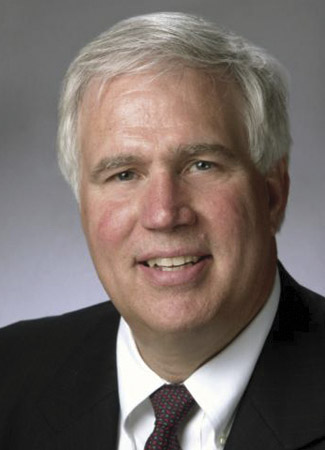
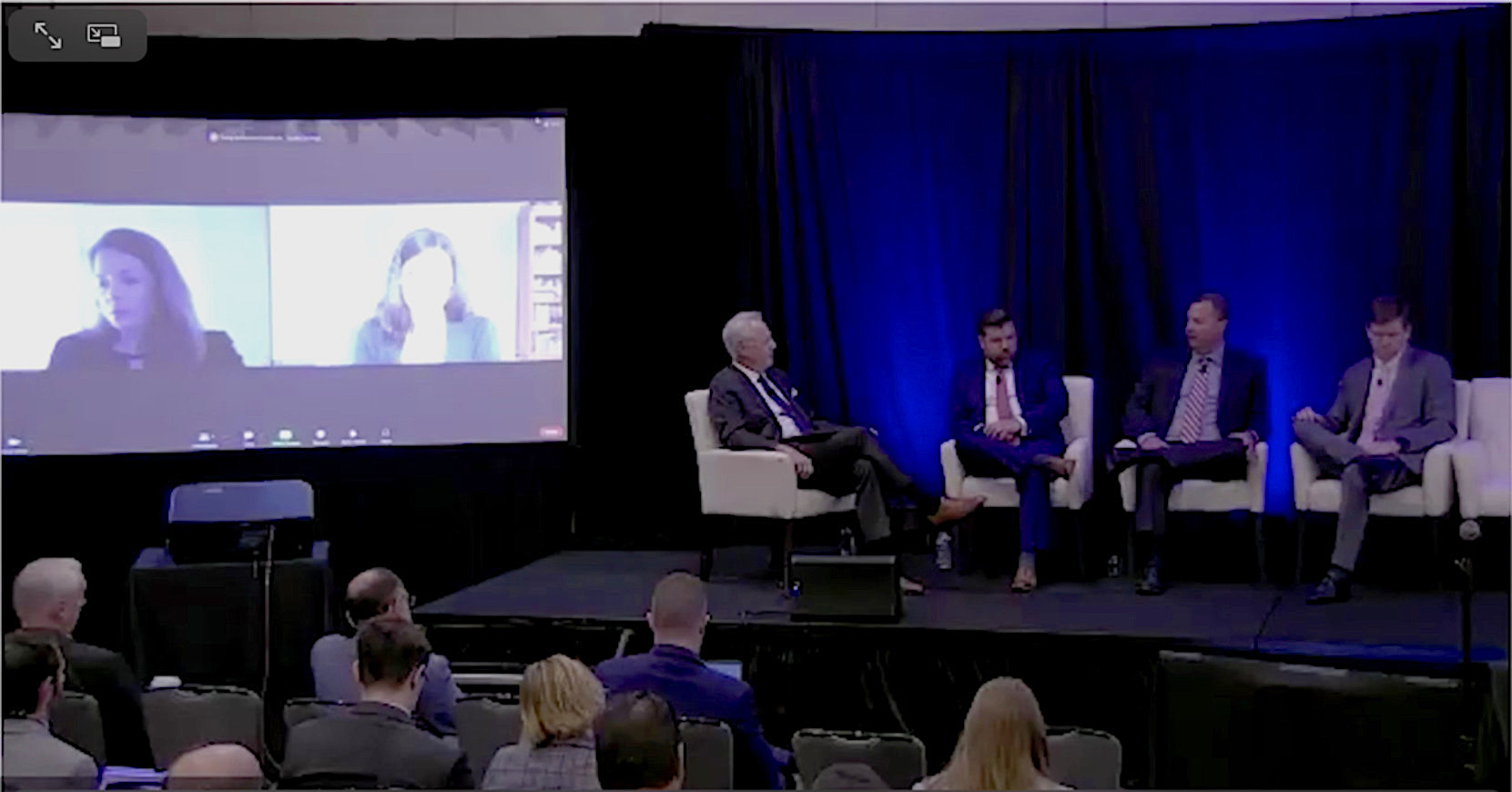
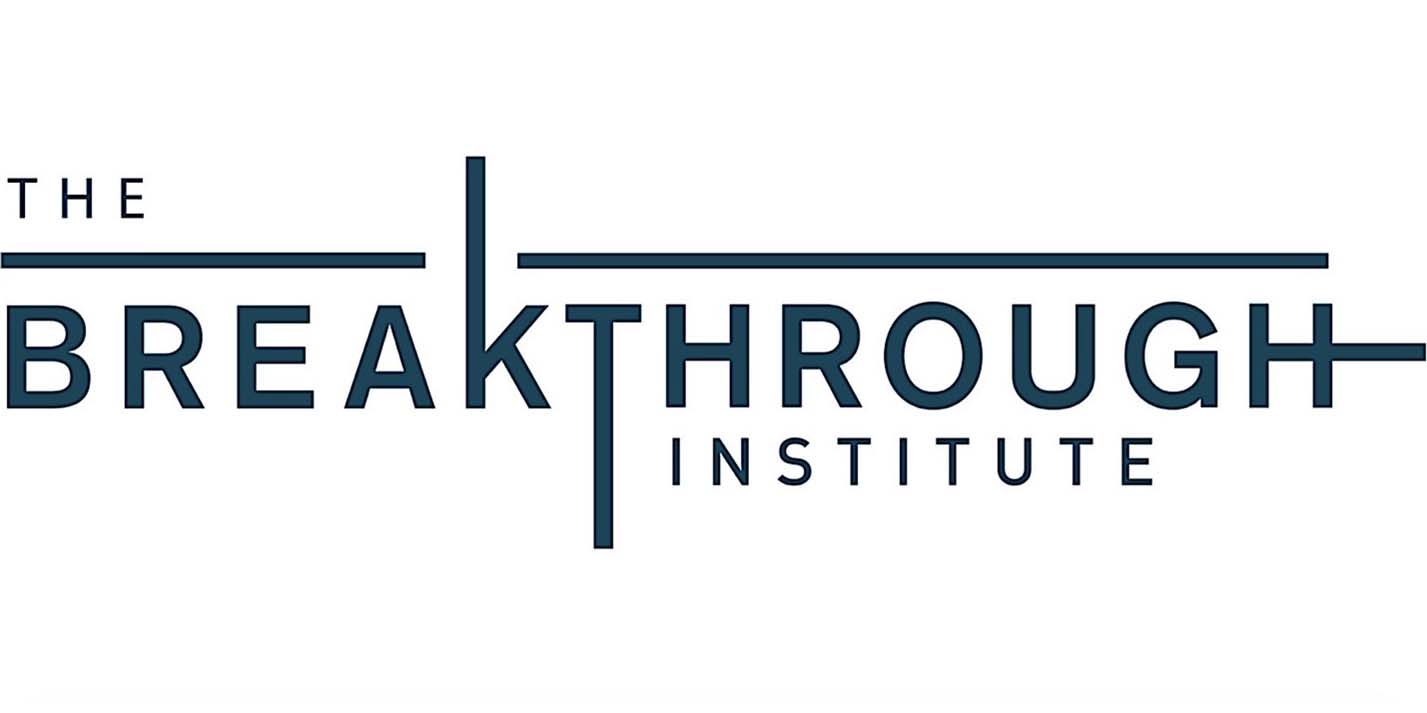

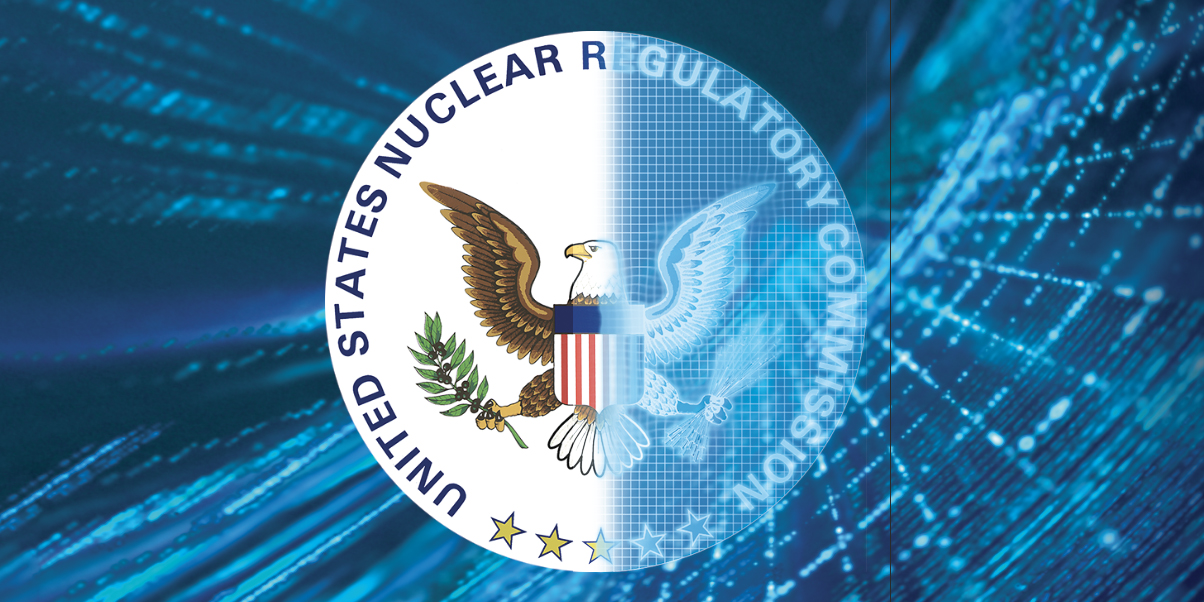



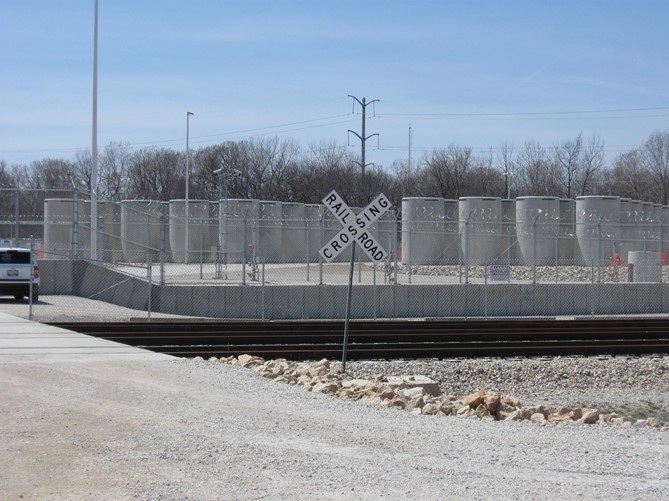

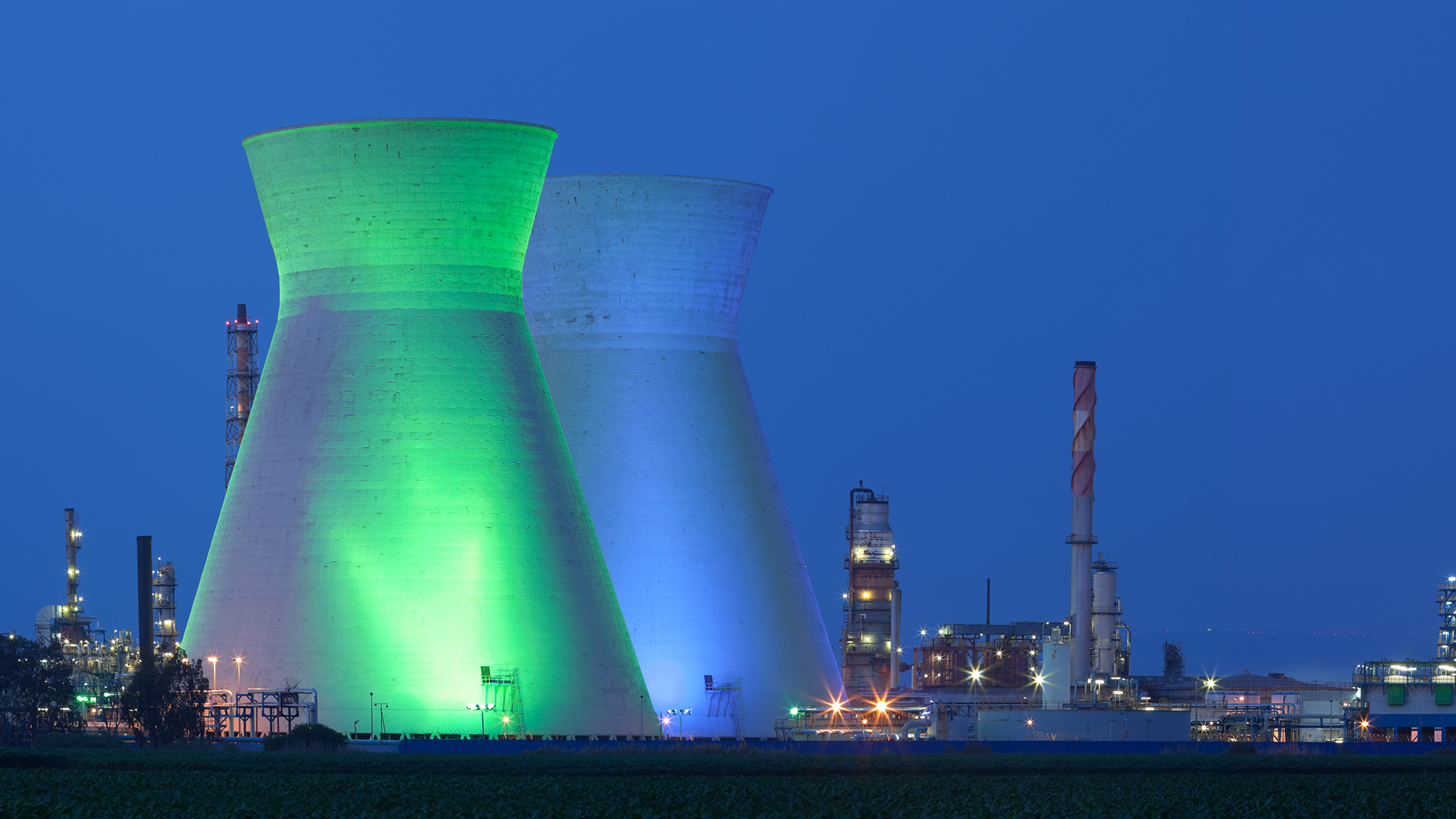 Nuclear power is an important component in the fight against climate change, but independent regulation is needed to gain the public’s---and governments'---trust, according to a March 6 article in The Economist, “
Nuclear power is an important component in the fight against climate change, but independent regulation is needed to gain the public’s---and governments'---trust, according to a March 6 article in The Economist, “